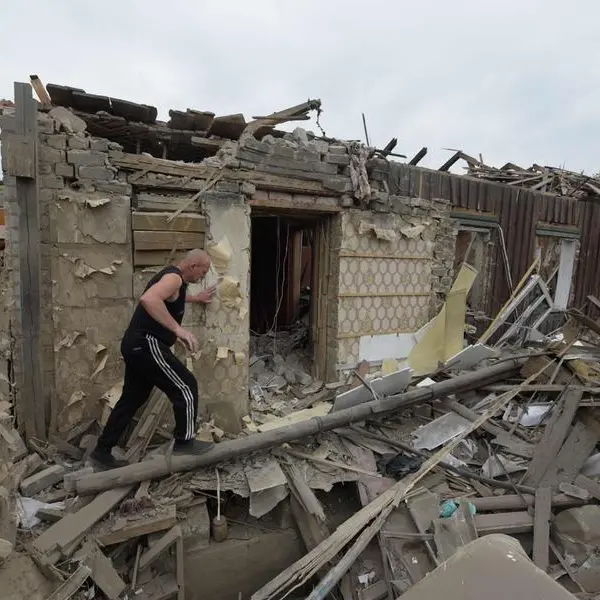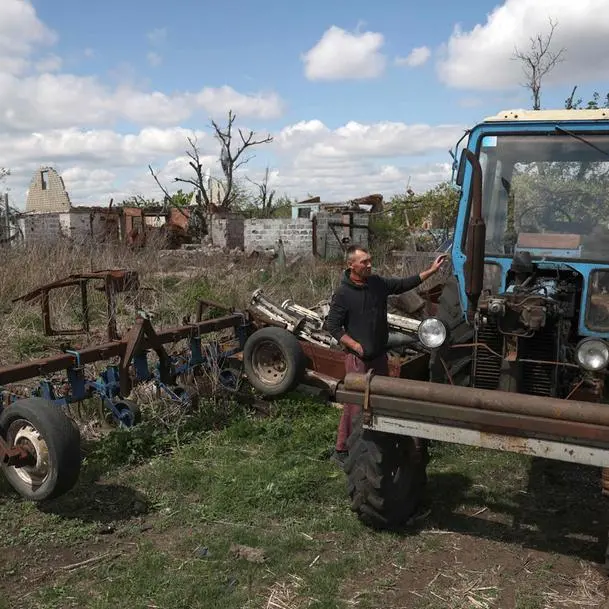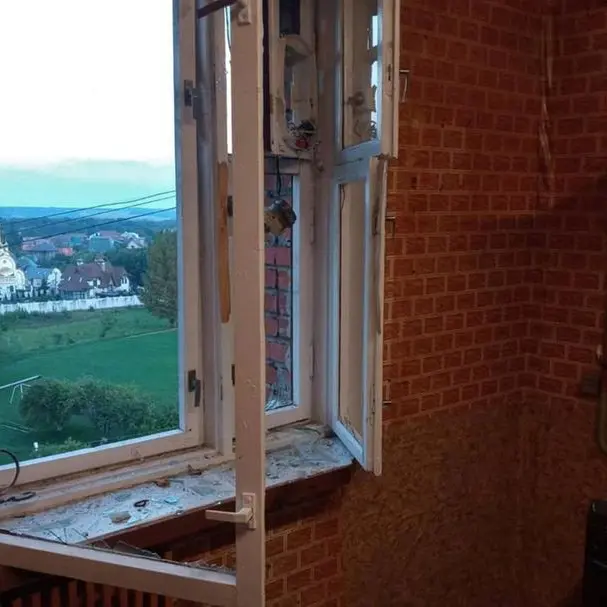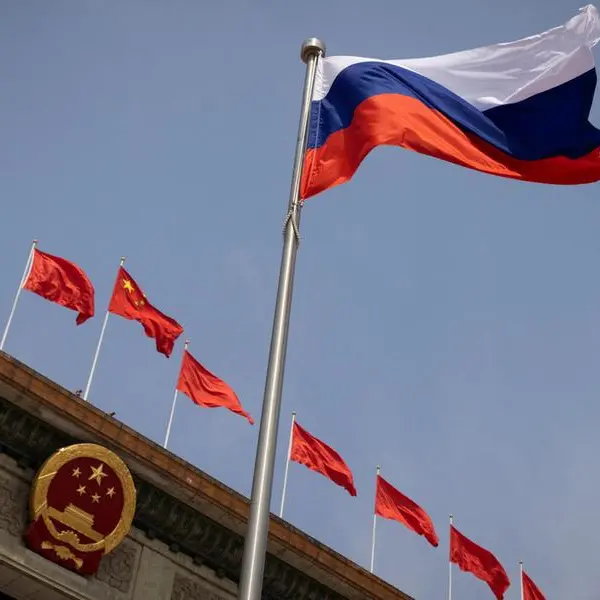PHOTO
The World Bank on Wednesday cut its forecast for economic growth of six countries of the Western Balkans to 3.1% from 4.1% previously, citing risks from the Ukraine war following a rebound from the recession caused by the COVID-19 pandemic.
Albania, Bosnia, Kosovo, Montenegro, North Macedonia and Serbia recorded economic growth of 7.4% in 2021, after a contraction of 3.2% in 2020, marked by significant job creation, the lender said in its regular six-month report on the region.
The employment rate rose to a historical high of 45.8%, led primarily by recovery in Serbia and Kosovo and helping to reduce poverty across all six economies, the bank said.
The growth was driven by an exceptionally strong rebound in consumption, helped by fiscal stimuli, pent-up demand, and a relaxation in movement and travel restrictions, the report said.
But the war in Ukraine cut the post-pandemic recovery short.
"The Western Balkans now face a new set of challenges ... including rising energy and food prices, high inflation, and slowing trade and investment," said Linda Van Gelder, World Bank country director for the Western Balkans.
By December 2021, food prices in the Western Balkan countries had increased by 6.8% to 12.7% year-on-year on supply disruptions. The start of the war in Ukraine in February amplified inflationary pressures.
The World Bank warned that the region's economies risk further disruptions to trade and energy and food prices if there is a prolonged war in Ukraine, as well as refinancing risks if external financial market conditions continue to tighten.
"With limited fiscal space, countries will need to carefully weigh the costs and benefits of new spending commitments in response to higher energy and food prices, prioritising the most vulnerable households," Sanja Madzarevic-Sujster, the bank's senior economist and a report author, said in a statement.
The report said that in the context of the energy crisis in Europe and its possible impact on the green energy transition, the region's countries should continue with their long-term goals to achieve energy security and resilience as part of the green reform agenda.
(Reporting by Daria Sito-Sucic; Editing by Leslie Adler))












